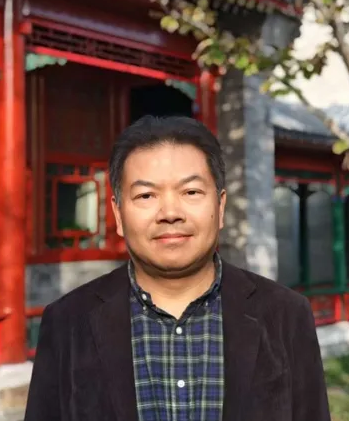英文首页﹀
A Theory of Opium as the Cause of the Great Divergence
2024-11-08
Time: 3:00 pm- 4:00 pm, Nov. 8th, 2024
Speaker: Junmin Wan
(Fukuoka University)
Venue: 1F, Wanzhong Building, Langrun Garden, Peking University
Platform: Zoom
Meeting ID: 994 5991 6531
Passcode: inse
Abstract:
The dramatic economic expansion of the British Empire compared with the tragical declining of the Qing Empire in the late 18th and 19th centuries has been called the Great Divergence, while there is no consensus on its cause. It is found here that, for over one hundred years, the smuggling and the forced imports of opium from the British Empire to the Qing Empire had exceeded the state revenues of the Qing Empire. To capture this historical fact, we present a theory of opium intake in a dynamic framework after empirically confirming its explosiveness, then we incorporate it into (a)symmetric two countries' endogenous growth model. It is proved that opium serves to transfer the savings from one country to the other one so that the abnormal growth of one country accompanies the shrinkage of the other one. The opium intake was considered as a market failure, so the Qing Empire prohibited it by law after 1729, while the state capacity was not enough to execute the law. Therefore, the Great Divergence could be due to the cunning use of opium by Britain Empire and the incompetent Qing Empire. We also provide new insight on why there was rare capital in the Qing Empire, and on why the efficient market and facilitating state argued by Lin, Justin Yifu (2011) is indispensable for economic development.
Speaker:

Junmin Wan is Ph. D supervisor and Professor of Economics at Faculty of Economics in Fukuoka University in Japan, and a Visiting Professor at Institute of New Structural Economics at Peking University from August 2024 to August 2025. His research fields cover macroeconomics and finance as well as development economics. He published a monograph of addiction based on his Ph. D. dissertation by Palgrave Macmillan New York, and over twenty articles on topics such as bubble premium as a new terminology, rational bubble theory on time-constraint asset, speculative saving theory, over-debt of household, effective life of fixed investment, corporative over-investment, non-performing loans of commercial banks, theory of lottery receipt in international journals, e.g., Journal of Financial Stability, Journal of Money, Credit, and Banking, Journal of Housing Economics, The World Economy, International Review of Economic and Finance, Review of Development Economics, Journal of Japanese and International Economies, etc. He worked as referees for Swiss National Science Foundation and over twenty international journals, e.g., Journal of the European Economic Association, Journal of Money, Credit, and Banking, Journal of Economic Dynamics and Control, Journal of Macroeconomics, Journal of Comparative Economics, Review of Income and Wealth, China Economic Review, National Tax Journal. He visited Peking University, Zhejiang University and University of Tokyo. Before joining Fukuoka University, he worked as an assistant professor and obtained Ph. D., MA, BA in Economics at Osaka University. He obtained the Honor of Ph. D. Graduation Ceremony, The Seventh ISER-Moriguchi Prize in 2005, and Book of the Year Award by Japanese Association of Applied Economics in 2016. His sixteen projects were funded by grants including the Japan Society of Promotion of Science.

